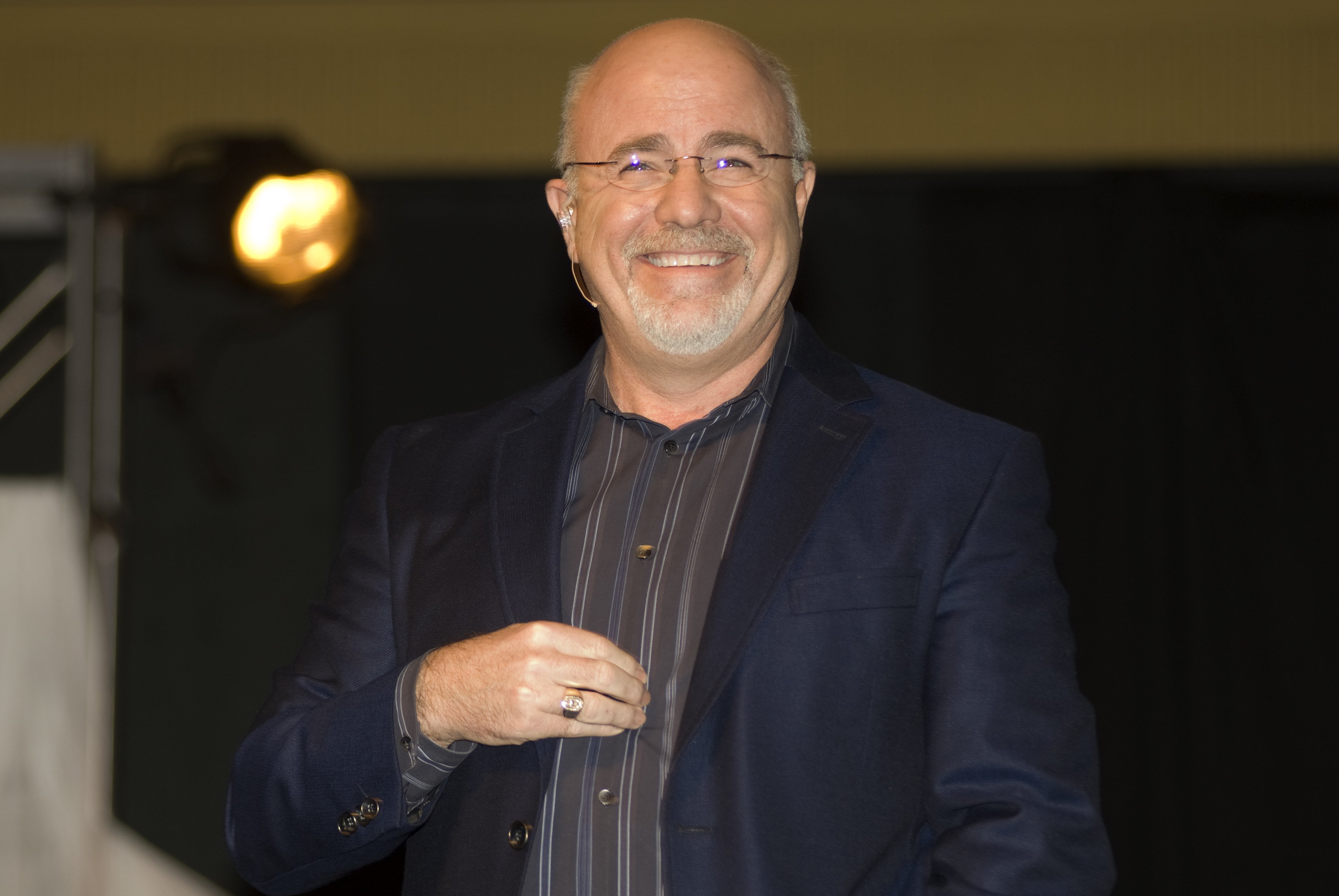Goldman Sachs (NYSE: GS) was attacked by an executive director who left today. The reason for his departure was that he thinks Goldman is a culture of devils who love money and take advantage of gullible clients. On a moral and legal level, Greg Smith, is right to leave. Goldman has a fiduciary duty to take care of customers, and all businessmen, no matter what their businesses, should act ethically. But, on realistic level, Wall St. has been picking the pockets of clients since before the birth of J.P. Morgan. Clients should assume that bankers are part of a culture in which profits and individual gain are the first priority. Otherwise, the clients are victims of ignorance. Caveat Emptor. The bankers wants to profit from your activity. Source: GS.COM
Source: GS.COM
Smith, executive director and head of the investment bank’s U.S. equity derivatives business in Europe, the Middle East and Africa, wrote “After almost 12 years at the firm — first as a summer intern while at Stanford, then in New York for 10 years, and now in London — I believe I have worked here long enough to understand the trajectory of its culture, its people and its identity. And I can honestly say that the environment now is as toxic and destructive as I have ever seen it.”
Bankers at virtually all other investment banks have similar motivations to those at Goldman. They may not be as savage or adroit. But, not a year goes by when some bank does not take advantage of foreclosure laws, or one of its employees tries to skirt the rules against insider trading. Put people into culture where profits and huge pay checks are at the core of employment, and those people will act accordingly. The five banks which have settled mortgage abuse claims-Bank of America (NYSE: BAC), Wells Fargo (NYSE: WFC), JPMorgan Chase (NYSE: JPM), Citigroup (NYSE: C) and Ally Financial–obviously did not have fair practices for customers at heart. Each of the banks might argue that not of their workers profited from the mortgage abuses, but the line between carelessness and ethics can be a thin one.
People on Wall St. are greedy. So, what’s new?
Douglas A. McIntyre
Essential Tips for Investing: Sponsored
A financial advisor can help you understand the advantages and disadvantages of investment properties. Finding a qualified financial advisor doesn’t have to be hard. SmartAsset’s free tool matches you with up to three financial advisors who serve your area, and you can interview your advisor matches at no cost to decide which one is right for you. If you’re ready to find an advisor who can help you achieve your financial goals, get started now.
Investing in real estate can diversify your portfolio. But expanding your horizons may add additional costs. If you’re an investor looking to minimize expenses, consider checking out online brokerages. They often offer low investment fees, helping you maximize your profit.
Thank you for reading! Have some feedback for us?
Contact the 24/7 Wall St. editorial team.



